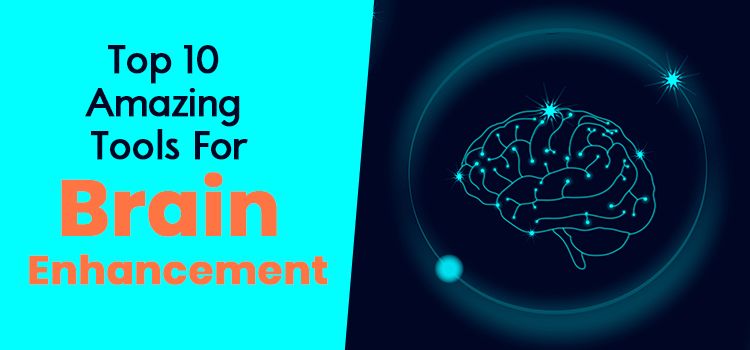

Norepinephrine – this is the stress response molecule, which works with adrenaline to increase heart rate and keep blood pumping from the heart.Dopamine – this is the motivation molecule, which encourages us to repeat nourishing experiences.Serotonin – this is the mood molecule, which also enhances your cognition, reward, learning, and memory.

Without these molecules, no messages would be carried from one cell to another. This is a process called angiogenesis, which is important as new cells need new blood vessels.Ģ) Neurotransmitters are the body’s chemical messengers. Vascular endothelial growth factor (VEGF): a protein that stimulates the formation of blood vessels.It also works with insulin to bring glucose to the brain. Insulin-like growth factor (IGF-1): a protein that works together with BDNF in learning processes.This is the brain’s natural fertilizer, affecting your learning, memory, and mental health. Brain-derived neurotrophic factor (BDNF): a protein that promotes the growth of neurons.So, how are these processes affected by exercise? Well, scientists are mainly interested in four different levels of change that place in the brain.ġ) Molecular and cellular changes are the key mechanism that mediates a broad range of neurotrophic (growth) factors. At a neurobiological level, this rewiring comes from neurogenesis (the creation of new neurons/nerve cells) and neuroplasticity (the growth and improvements of neural networks). rewire) your brain throughout your lifetime. Firstly, your brain is like plastic, in the sense that every stimulus/input can mold and reshape (i.e.

Let’s start with a few of the key areas, to give you an idea of the bigger picture. In addition to these bodily sensations, studies have shown, interestingly, that exercise subconsciously affects our brain much more than this. We all know that when we exercise, our blood flow increases and often we start to feel more positive. Your brain is like plastic, in the sense that every stimulus/input can mold and reshape (i.e. What happens to the brain when we exercise? So, what exactly happens to our brains while we’re working out? We asked Sports & Exercise medicine professional and Brain Health entrepreneur Teemu Vornanen to give us the scientific low-down on how exercise affects the brain and what we can do to enhance our cognitive functions – both now and in the future. After those many hours spent running, rowing, and stretching our bodies into yoga poses, wouldn’t it be nice to know that we were also exercising our minds at the same time? Turns out, that not only can exercise improve your mood but it can also help enhance your memory and concentration.


 0 kommentar(er)
0 kommentar(er)
